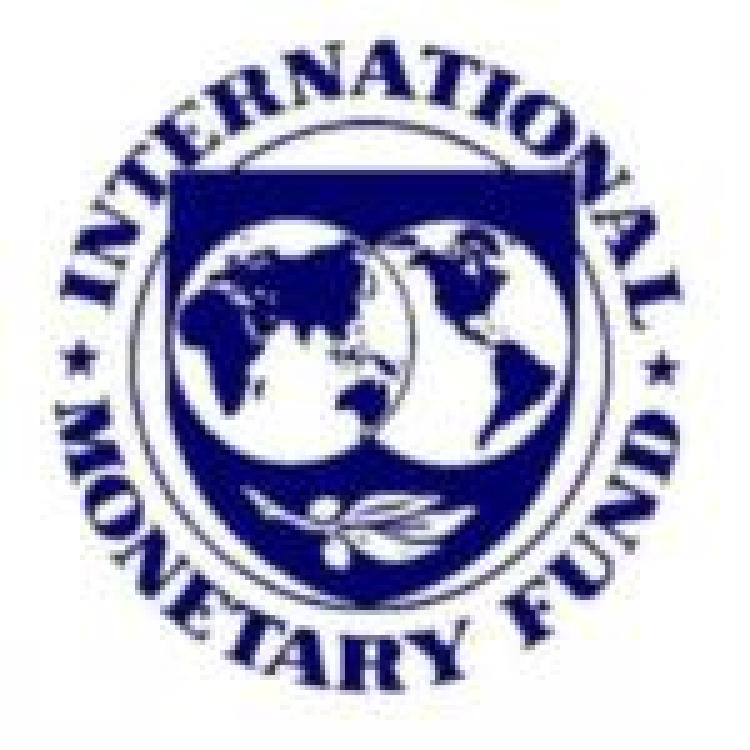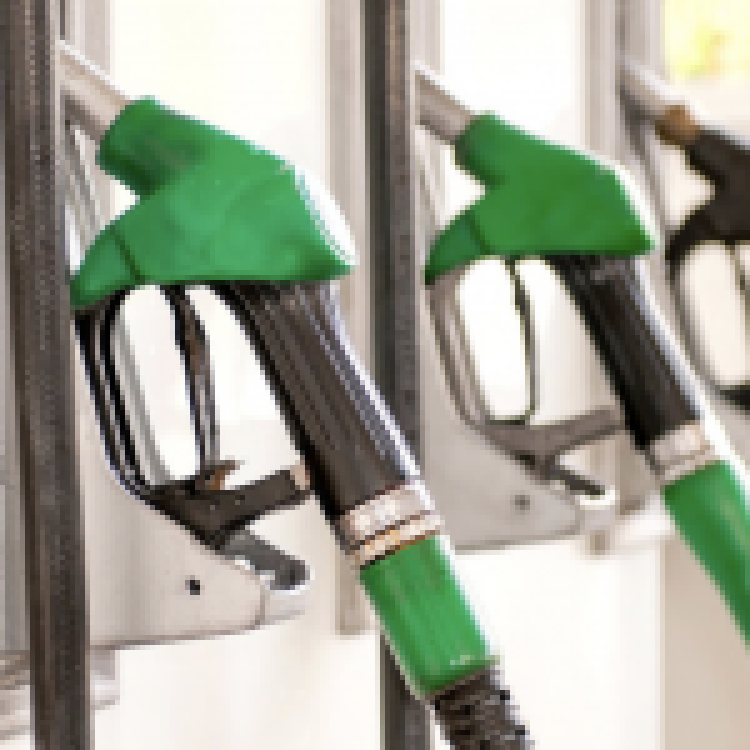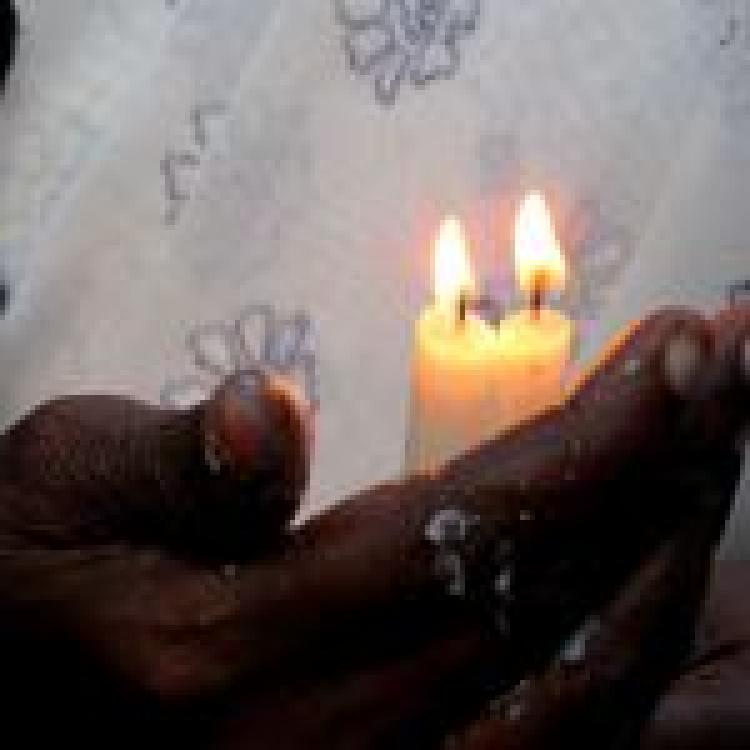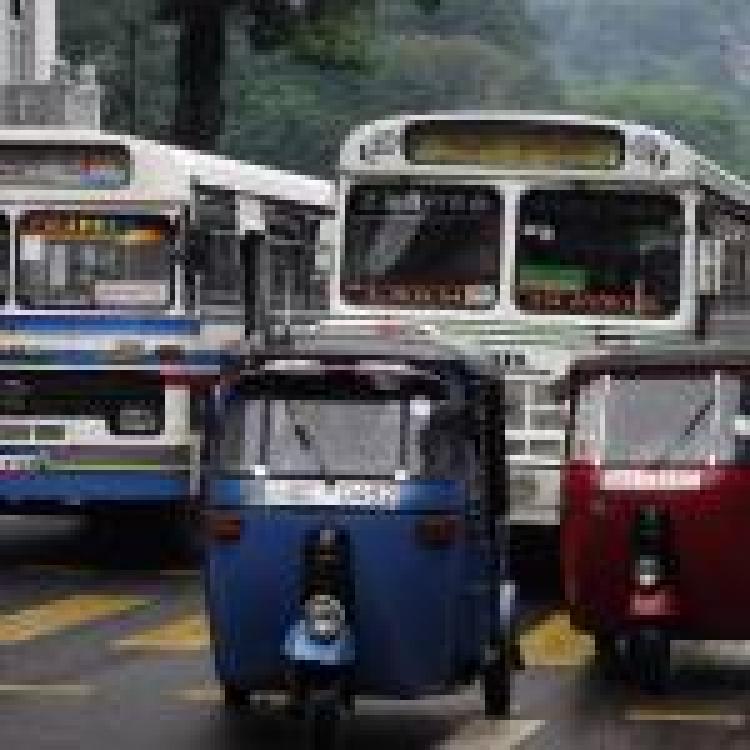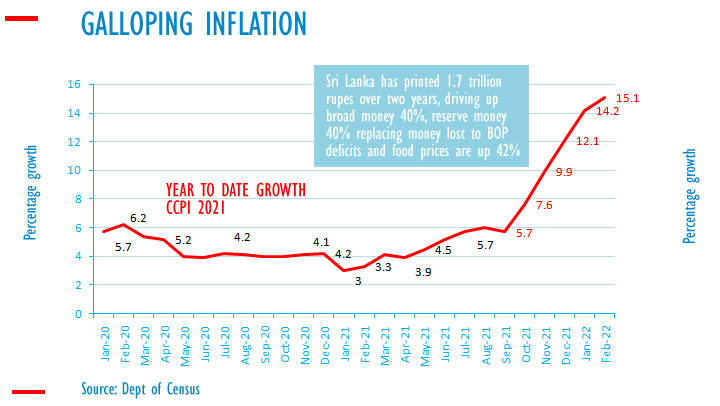
Sri Lanka's inflation hits a 13-year high at 15.1 per cent in February, as the economic crisis continues to grip the island.
Sri Lanka's inflation reached levels not seen since November 2008 during the height of the armed conflict. The island has been impacted by drastic price hikes, with food prices rising by at least 42 per cent since February 2020. The rise in food prices led the United Nations Food and Agriculture Organisation (FAO) to issue a high alert warning for the country last year, food prices have risen higher since.
Commenting on the sharp rise Sri Lanka's Central Bank Governor, Nivard Cabraal noted he had been taken by "surprise".
“We have been taken by surprise with the sharp increase in inflation,” Governor Cabraal told reporters.
The inflation rise led the Governor to raise interest rates by 100 basis points to 7.50 per cent.
Over the last two years, Sri Lank's central bank has printed 1.7 trillion rupees and has become increasingly crippled with foreign debt. The central bank had promised to keep inflation between 4-6% but has reneged on the promise. The inflation rate is currently at its highest since November 2008, during the height of the armed conflict. Food prices have risen drastically, the Rajapaksa regime has attempted to counter the rising costs with controversial policies, however often ill-thought they have caused more damage.
Sri Lanka’s 12 month inflation rose from 5.7 per cent in September, to 7.6 per cent in October to 9.9 percent in November to 12.1 per cent in December last year
In January inflation it increased to 14.2 per cent and in February inflation to 15.1 per cent.
In the three months from February to April, Sri Lanka has another USD $ 1.83 billion foreign currency debt settlements to pay, while a USD $1 billion dollar sovereign bond matures in July. The country faces an increased risk of default, yet so far has resisted and shut down any inclination that it will seek assistance from the IMF to restructure its debt. The country instead is banking on that it can access more bilateral and multilateral funding lines. As the livelihood of those across the island becomes more precarious the militarised state, still finds foreign reserves to purchase military aircraft from India.
Read more at EconomyNext

